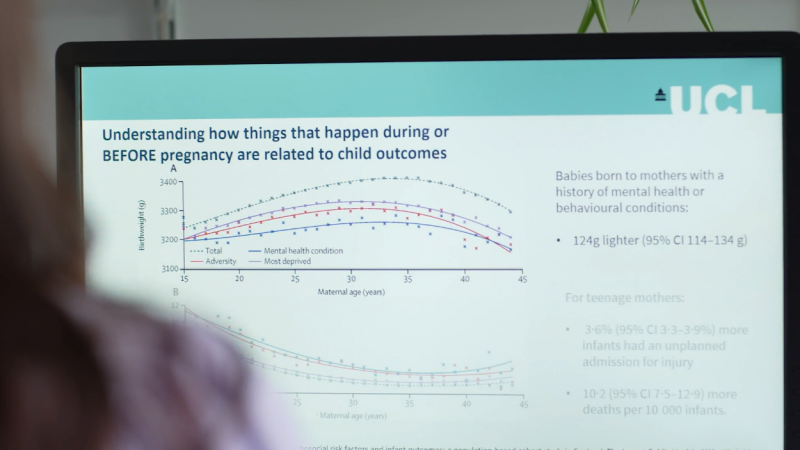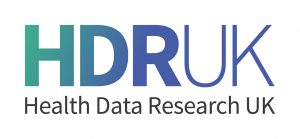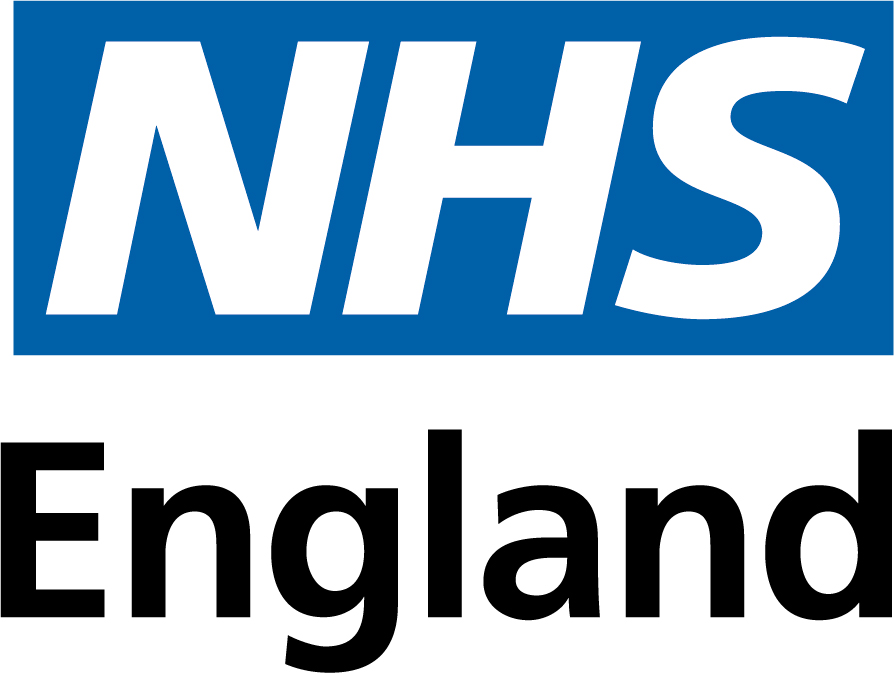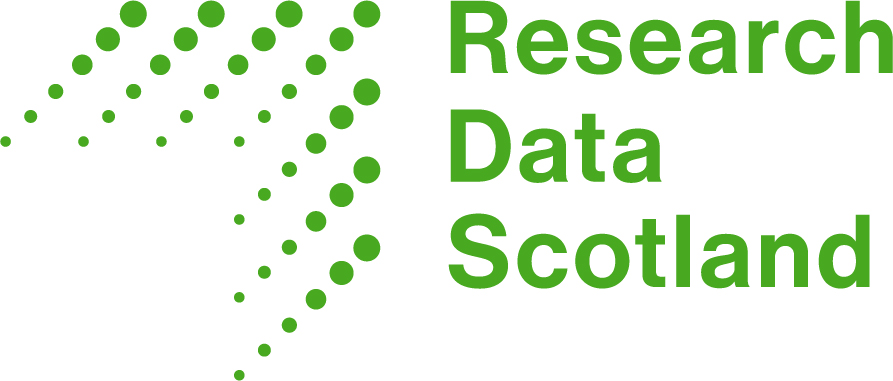Health records are data which is collected in relation to a person’s health. It could include any of the following information:
- Health conditions
- Information relating to maternity and children,
- Quality of life
- Causes of death
Health data can be found in a number of different places, including:
- Patient health records
- Studies about the health of groups of people
- Data from blood or tissue samples
- Imaging data
- Data from health and fitness devices
Every day, large amounts of health-related data (known as datasets) are generated. This could be by the NHS and other health and care services, or from other sources, such as academic studies and research. Some of these datasets come from general information about local or national populations, like the number of babies being born or how many people are admitted to the hospital on any day.
Other types of data are more personal, such as individual medical records or scans. However, even personal datasets are kept de-identified in research. Your information will only be linked by a number. It’s not attached to you or your family’s names.
If you’d like to find out more about health data, visit:
Health Data Research Explained







 Data research uses data from routinely collected records from public services. These records about you, such as health or educational records, are usually used to keep track of how we use a service, such as your GP using your health records to check past illnesses. When anonymised, these records can be used for research as well, to help develop ways to improve people’s lives in future.
Data research uses data from routinely collected records from public services. These records about you, such as health or educational records, are usually used to keep track of how we use a service, such as your GP using your health records to check past illnesses. When anonymised, these records can be used for research as well, to help develop ways to improve people’s lives in future. Personal data contains information that can identify you and your family, such as names, addresses, phone numbers, emails and more.
Personal data contains information that can identify you and your family, such as names, addresses, phone numbers, emails and more. 




